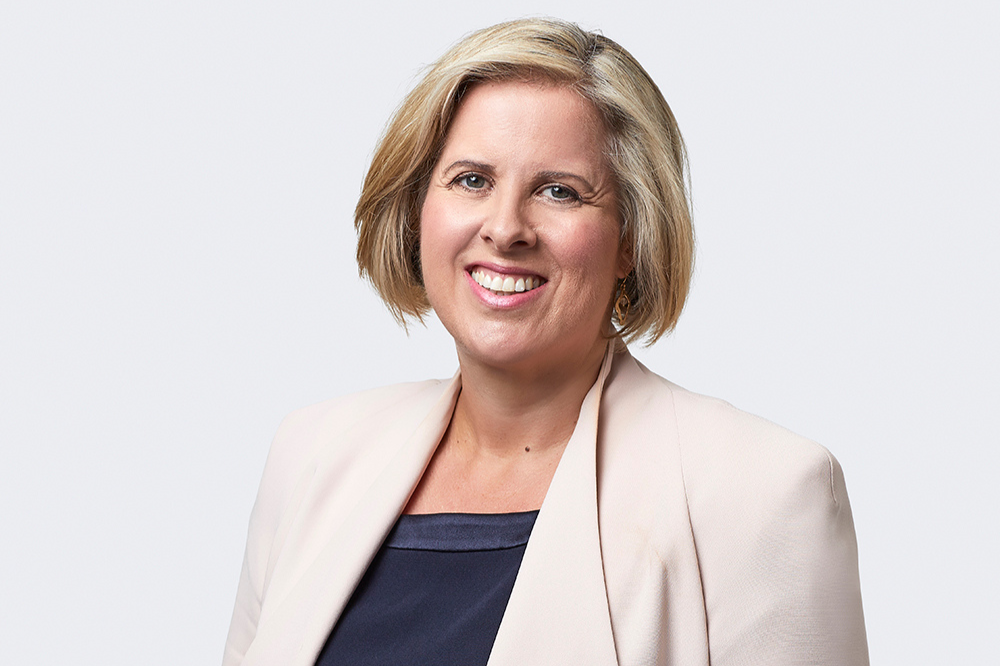

The $10 billion Housing Australia Future Fund Bill is set to pass parliament after the federal government struck a deal with the Greens that would result in a further $1bn towards public and community housing.
The bill, that could have resulted in a double dissolution election after being held up for months, is likely to pass this week after reaching an agreement with the crossbench and the Greens.
Treasurer Jim Chalmers (pictured above left) said building more homes and increasing the supply of affordable housing would put downward pressure on inflation.
“This is another way we are addressing the serious cost of living pressures the people are facing,” Chalmers said.
Housing Minister Julie Collins (pictured above centre) said delivering the fund would ensure more Australians had a safe and affordable place to call home.
“The $10 billion Housing Australia Future Fund will create a secure, ongoing pipeline of funding for social and affordable rental housing, fulfilling the commitment the government made to the Australian people.”
Returns from the housing fund will help deliver the government’s commitment of 30,000 new social and affordable rental homes in the fund’s first five years.
This included 4,000 homes for women and children impacted by family and domestic violence or older women at risk of homelessness.
The government said it would also help deliver on its commitments to help address “acute housing needs”, including:
“This will mean more homes for key workers, more affordable homes for Australian renters, and more homes for those most in need,” Collins said.
Industry bodies have also generally welcomed the news.
Master Builders Australia CEO Denita Wawn (pictured below) thanked the Greens and senators Jacqui Lambie, Tammy Tyrrell, and David Pocock for guaranteeing the passage of the bill.

“Passing this legislation is imperative to delivering the National Housing Accord target of 1.2 million new, well-located homes in the next five years, ” Wawn said.
Property Council of Australia chief executive Mike Zorbas (pictured below) said a “wealthy, land rich nation like Australia should not have a housing deficit”.

“This is welcome news for new social housing and housing supply in general,” Zorbas said. “Now we must turn our attention to the unfinished business of improving our state planning systems so they can deal with the welcome influx of skilled migrants and students over the decade ahead.”
Predictably, the Colation does not support the progress of the bill.
Shadow housing minister Michael Sukkar said the HAFF policy "cannot guarantee a single home will be built before the next election, if at all, and will only see the housing crisis get worse".
"Labor still can’t say how many houses this fund will build, where the houses will be located or when the fund will first make a return," Sukkar said.
— Michael Sukkar (@MichaelSukkarMP) September 11, 2023
The Housing Australia Future Fund is one part of the government’s broader housing reform plan which also includes:
A key source of argument over the housing fund was how the government would provide rental assistance.
While the cost-of-living crisis has pushed rents up by double digits across the country, many in the industry discourage the Greens plans to freeze rents.
The Greens acknowledged the benefits the fund would bring but said the campaign to force the government to move on renters had “just begun”.
“Labor’s HAFF still won’t fix the housing crisis, but the Greens have secured $3 billion for housing right now – not relying on a gamble on the stock market – and we’ve got to a position where it can pass the Senate,” said Australian Greens leader Adam Bandt (pictured above right).
“Renters have watched on in horror as Labor has refused to cap and freeze soaring rents,” he said.
“I say this to Labor: if you continue to ignore renters, your political pain has just begun. There are several more significant bills on the immediate horizon where the Greens will use our position in balance of power to push the government to address soaring rents with a freeze and cap on rents.”
